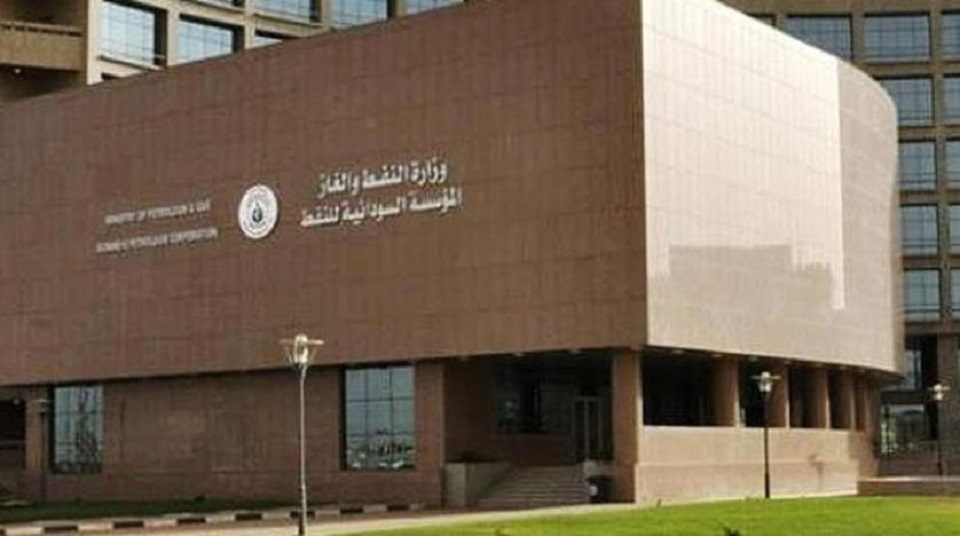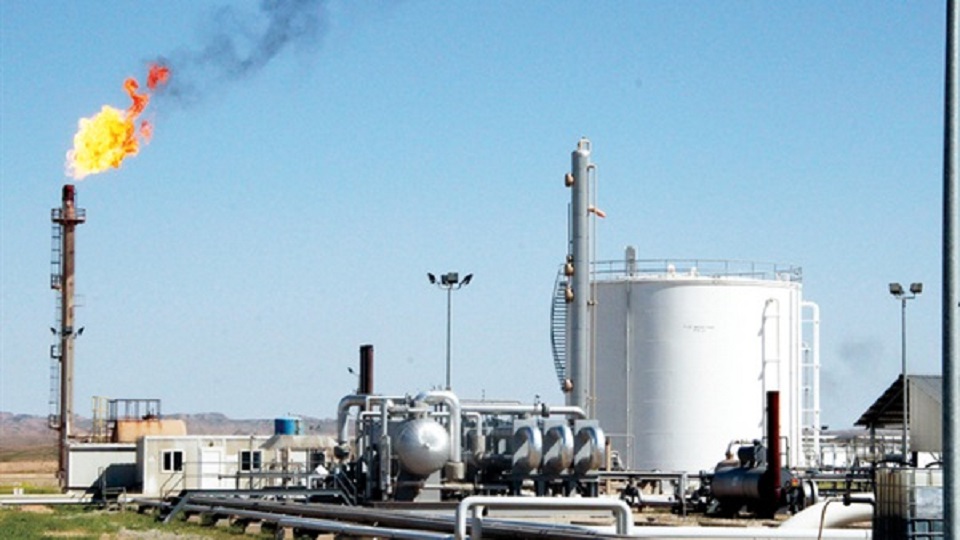Foreign oil investment may be curbed by Sudan’s own oil sector

On Monday, the Sudanese government under Energy Minister Adel Ali Ibrahim called out to foreign energy companies to invest in Sudan’s oil sector. “We welcome those who are willing to invest in Sudan in the field of oil exploration and production,” Ibrahim said in a statement. “The time for business and investment in Sudan has become more suitable than ever before.” The minister held meetings with a delegation from two foreign oil companies, Dragon Oil and Schlumberger Oil on the same day.
But insiders working within Sudan’s oil production industry claim individuals within the country’s oil production sector may actually curb any foreign investment interest.
Sudan is in dire need of fresh economic investment. Banks are short of cash and inflation soared to 53 percent in August, according to the Sudan Central Bureau of Statistics. The country pumped 100,000 BPD (barrels per day) of crude last year, a fraction of what it produced before South Sudan gained independence in 2011.
Oily sabotage
According to a director within Khartoum’s oil refinery sector who spoke to Ayin on condition of anonymity, there are remnants of the former ruling National Congress Party and its accompanying security apparatus working within the oil sector that are determined to see minimal oil production. Bureaucratic delay tactics are often used, the manager said, to block production with the ultimate goal of discrediting the current government’s efforts to revive Sudan’s economy. “Oil has routinely been a tool of the former regime,” says Mowlid Hajj, a member of the umbrella opposition group, the Forces for Freedom and Change [FFC] and a routine commuter within Sudan’s bustling capital, Khartoum. “These cartels want the [transitional] government to fail us, giving them an excuse to regain power –if the [current leadership] manages to revive the country’s oil industry, this will not work well for them.”
The Khartoum oil refinery official explained that the responsibility for the distribution of oil is assigned to the Sudanese Petroleum Corporation that distributes the fuel to roughly 30 companies after refinement. Some of the largest of these companies are connected to the former regime’s security forces, the official said, as well as affiliated petrol stations.
Keen to resume power and dismiss the current government, these same companies affiliated to the former regime are actually blocking oil production and personally benefitting from supply-led price hikes. The Khartoum oil refinery is processing 15,000 to 3,000 tons per day and should not be facing shortages, the official told Ayin, and yet shortages leading to price hikes currently exist.
Even Sovereign Council member and leader of the infamous militia, the Rapid Support Force, Lt. Gen. Mohamed Hamdan Daglo (aka “Himmedti”) noted this discrepancy between oil supplies and prices during a public meeting in Omdurman last July, prior to his appointment to the Council. “The Transitional Military Council is making great efforts to support the economic situation and people’s livelihood, but the cost is caused by opportunism. Now the fuel is available […] but prices are high,” he said, accusing “remnants of the former regime.”

Same old, corrupt faces
Corruption within the oil sector is rampant, the official said, where fuel is provided to companies based on political affiliation rather than need. For example, a Russian gold mining firm formerly operating along Nile River State still receives its subsidized quota of fuel despite being inoperative for quite some time, he said. The Sudanese Petroleum Corporation continues to provide two weekly truck tankards of fuel per week.
According to traditional miners in Nile River State, the representatives of this company are the only ones receiving the fuel in the area and sell their quota fuel quantities at exorbitant prices to the community. While the market price for a barrel of oil should not exceed 1,000 Sudanese Pounds, says local miner Ahmed Ibrahim Abdel-Rahman, the company sells their fuel for five times this price, knowing the supply and demand ratio is in their favour. “It is inconceivable that the cost of a barrel from the refinery transported down to the states amounts to 1,000 Sudanese Pounds and yet it is sold for 5,000,” Abdel-Rahman said. “These are fictional profits for the corrupt who are working in this trade – the people that run this corrupt trade are the same old faces that operate in the same old way.”

Mysterious market
The oil market has always been shrouded in mystery by design to evade public scrutiny over profits and distribution, according to Dr Mohamed El-Jak, a lecturer in Economics at the University of Khartoum. “The oil sector is one of the most important economic sectors in the country and yet it has been characterised by ambiguity,” Dr El-Jak told Ayin. Public reports of quantities produced, marketing and state revenue procured are purposefully absent. This secrecy allowed the previous government to place political appointments to manage the sector, often under-qualified, the lecturer added.
Tip of the iceberg
What has affected the oil sector is echoed by other economic sectors in Sudan. According to the Political Economist and member of the opposition Sudanese Professionals Association, Dr Hassan Bashir, the former government ensured nearly all economic institutions were controlled and supported through their allegiance to the ruling party. These politically aligned companies, known at “Tamkeen” (“consolidation of power”), are operating in nearly all sectors of electricity, education, health, irrigation and agriculture, Bashir said. “Over the past 30 years there has been a fertile environment for financial corruption exercised by the [former] regime at the top of its pyramid,” Bashir told Ayin. “Hundreds of companies and institutions linked to the government and security agencies have emerged –they represent the Tamkeen institutions.”
Bashir fears that these institutions that still operate under the transitional authority will actively sabotage economic development to ensure the current leadership appears weak and ineffective, allowing their political cadres an opportunity to regain power. If this proves the case, Bashir said, the government must acquire enough foreign currency to supply the country with the strategic commodities, wheat and fuel, and adjust their distribution itinerary to ensure citizens have access without political tampering. A newly appointed judiciary must also conduct the difficult task of reviewing these Tamkeen institutions and ensure illicit funds are returned to the state, he added.
If Sudan allows “Tamkeen” institutions to operate without scrutiny, he says, the chances for the country’s economic revival remain stymied not only for the oil sector but practically every aspect affecting Sudanese citizens’ lives.

